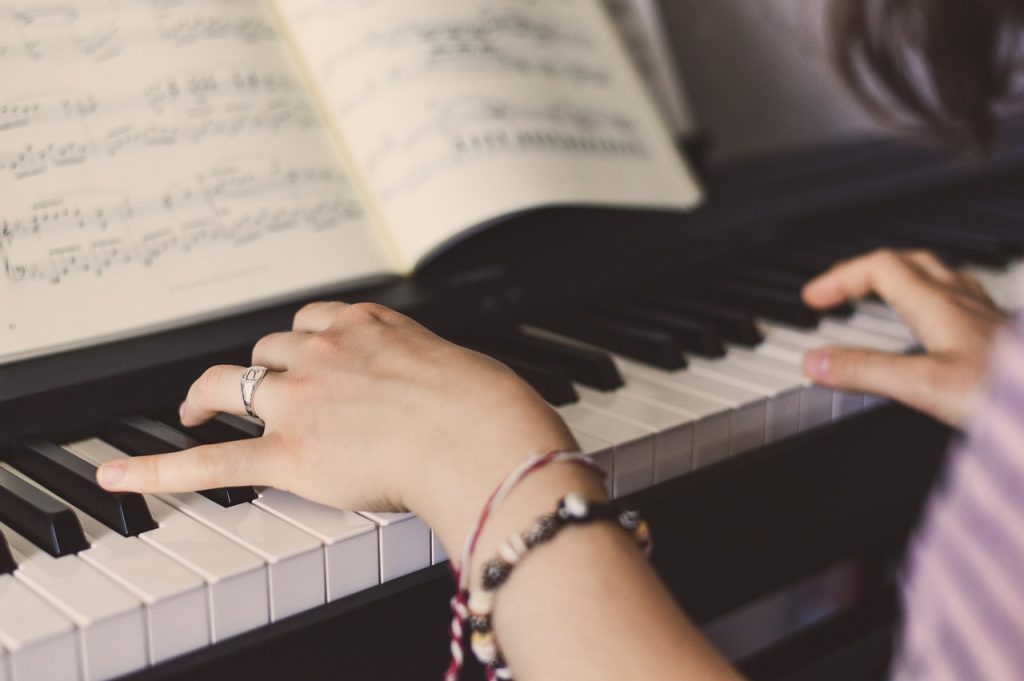I had a dream. I saw a farmer walking over his field, scattering seeds on the ground, a great many. And I saw the same man some time later. He went to the same field, and he had a scythe with him, and the field was white and stood full of the finest wheat. And he said: “Not all the seeds have borne fruit, but the harvest is rich.” And he praised the gift of life.
Then I went home. It was in the evening, and it was getting dark. The windows were lit up and I could look behind them. In the first house I saw a teacher with her school class. She sowed knowledge and understanding. And I saw the same woman some years later, as she talked to the same pupils who had since grown up. And she said: “Not all the seeds have borne fruit, but the harvest is rich.” And she praised the gift of life.
In a second window I saw a mother who taught her son to walk. She took him by his hands, praised him on every step, and encouraged him to take another. And I saw the same mother twenty years later at the wedding ceremony of her boy, who was not a boy any more. And she said: “Not all the seeds have borne fruit, but the harvest is rich.” And she praised the gift of life.
In the third window I saw a jobless man, who helped his mother care for his father, and he went shopping for his sick neighbour, and he went to his sister’s house in the evening to look after the children while she was at a parent-teacher conference. And I saw the same man a few years later. Surprisingly he had found some work, and tomorrow was his first working day. He looked back at the past years. And he said: “Not all the seeds have borne fruit, but the harvest is rich.” And he praised the gift of life.
In the fourth window I saw someone who sowed smiles. He sowed friendly inquiries: “Is your wife better?” He sowed birthday greetings and invitations to delicious suppers.
In the fifth window I saw someone who sowed listening-to-children and telling-them-stories and wetting-them-with-the-lawn-sprinkler-in-summer and rustling-with-them-through-the-fallen-leaves-in-autumn. He sowed throwing-snowballs-in-winter and hunting-easter-eggs-in-spring.
Last of all I looked into a window, and I believe this must have been heaven. Again I saw the sower, and with him were all these people whom I had seen in my dream. And on the field the fruit had grown. There grew the happiness of a child in the middle of a pillow fight. There grew the consolation for a widow, who had good friends. The field bore the relief of a pupil who, for the first time, had a C instead of an F in maths. There grew the patience of adults and the helpfulness of children. And I heard someone say: “Not all the seeds have borne fruit, but the harvest is rich.” And he praised the gift of life.



